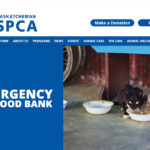Tag Archives COVID-19 virus
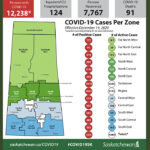
Sask. lowers gathering limits in new COVID measures

COVID-19 trade tensions continue to worsen
Bright spots include Canada and the United States’ ability to keep their border open to food and commodity trade
It’s no surprise that trade relationships have suffered from the global pandemic, says the executive director of the Canadian Agri-Food Trade Alliance. And they show signs of worsening. “We must be prepared and mindful that many countries around the world have and will try to use the current crisis to introduce new protectionist measures for […] Read more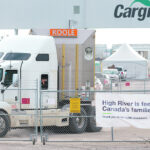
Food processing red tape targeted
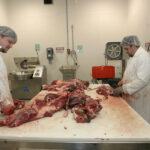
New Alta. slaughter rules welcomed
The provincial government plans to allow consumers to buy animals directly from livestock producers for on-farm slaughter
New provincial rules that allow Albertans to buy live animals directly from local producers for slaughter on farms will help ease a processing bottleneck made worse by the COVID-19 pandemic, said a beef producer. “I think this new regulation creates a great opportunity for farmers,” said Blake Hall of Prairie Gold Pastured Meats near Red […] Read more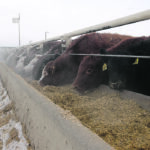
COVID-19 cases on the rise at southern Alberta feedlots
Public health officials encourage businesses to focus on staff rooms, vehicle sharing and moving animals in tight spaces
Five southern Alberta feedlots have had clusters of COVID-19 among staff and support personnel and Alberta Health Services has advised on special precautions. In a letter to the Alberta Cattle Feeders Association, AHS said it has seen “an increasing trend” of COVID-19 infections at feedlots since early November, which aligns with a rising number of […] Read more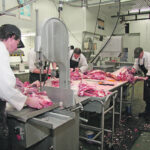
Inspection reform touted as way to fix B.C. meat sector
National Farmers Union argues that governments must do more to encourage a small-scale meat industry in the province
Allowing on-farm slaughter and virtual inspections are among proposals by the National Farmers Union aimed at creating a small-scale meat industry in British Columbia, something it also seeks for the rest of Canada. “(The COVID-19 pandemic) really revealed to a lot of consumers the fragility of the Canadian meat system, and so a lot of […] Read more
Signs point to commodity boom
Some analysts think commodity-specific factors and overall global macroeconomic trends will drive prices higher in 2021
Could 2021 see a structural commodity bull market beginning to charge through the post-pandemic world? Goldman Sachs’ chief commodity market analyst thinks so but Morgan Stanley’s strategists don’t agree. And in the wake of the incredible disruptions of 2020, it’s clear that the future path of commodity values is anything but clear. “The short-run outlook […] Read more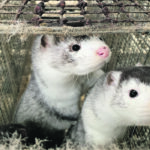
Farmed mink called COVID-19 mutation risk
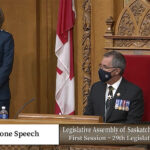
Sask. throne speech focuses on COVID
